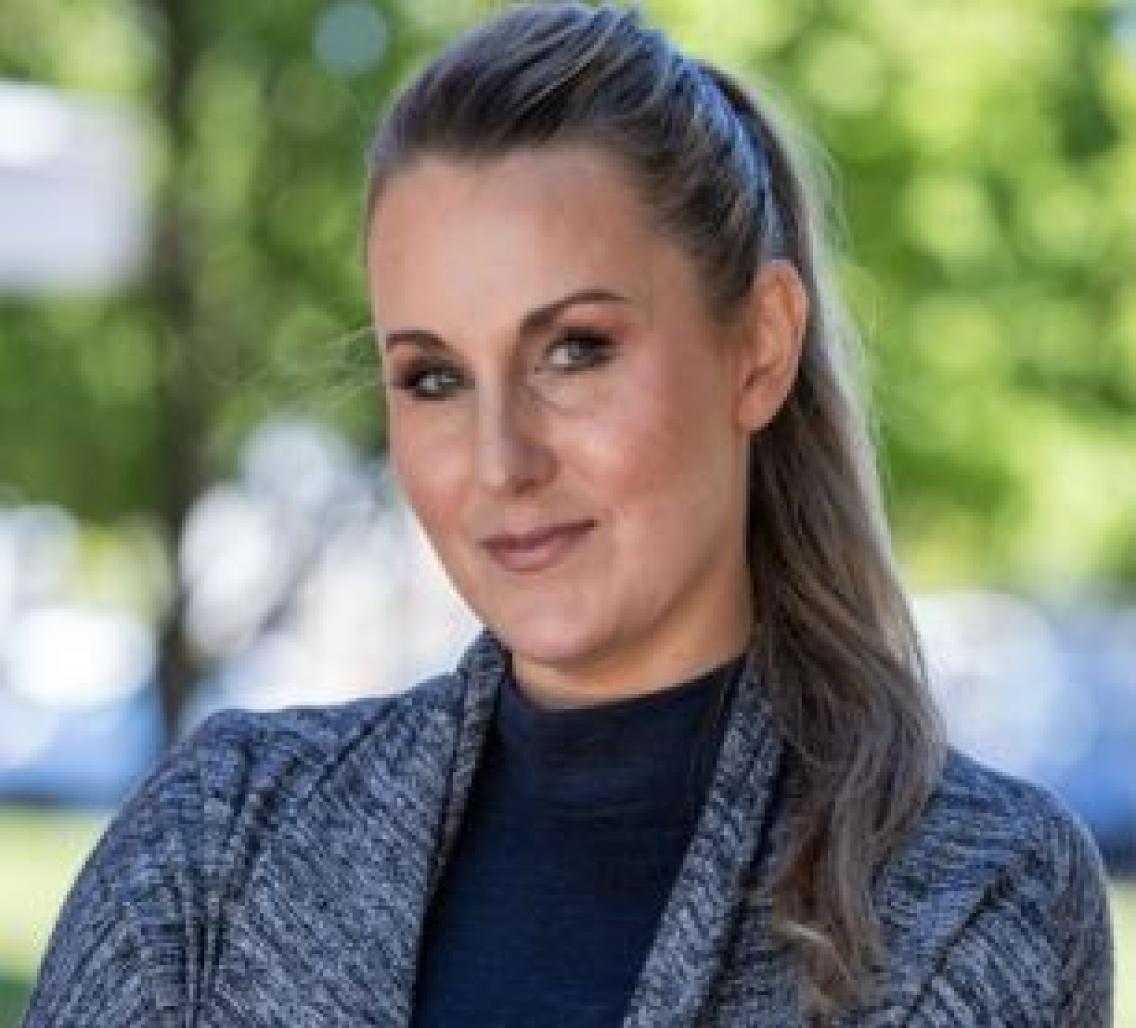Event Details:

Join the speaker for coffee, cookies, and conversation before the talk, starting at 11:45am.
Context is key: how spinal cord neuromodulation shapes our somatosensory experiences
Seminar Abstract
In today's talk, I will be discussing our latest research on the cellular and circuit-level mechanisms underlying touch modulation of pain in the spinal cord. Moving beyond the traditional Melzack and Wall gate control theory, our study explores how top-down modulatory circuits from the hypothalamus encode contextual information in the spinal cord. This research sheds light on why certain stimuli, like a massage, can be soothing during pain - not merely due to blocking pain signals but potentially by enhancing positive sensory signals. Essentially, our work strives to unravel how spinal cord modulatory systems may play a critical role in determining the valence of somatosensory information.
Victoria Abraira, Ph.D.
Rutgers University
Victoria was born and raised in Argentina. She received her undergraduate degree in Biological Sciences from the University of Southern California and her graduate degree in Neuroscience from Harvard University. As a postdoctoral fellow at Johns Hopkins/Harvard Medical School she set out to understand the cellular and synaptic substrates underlying innocuous touch perception by elucidating the functional organization of sensory neurons in mouse hairy skin and uncovering the neural codes of touch perception in the spinal cord dorsal horn.
Hosted by - Vivianne Tawfik, M.D., Ph.D. (Tawfik Lab)
About the Wu Tsai Neuro Seminar Series
The Wu Tsai Neurosciences Institute seminar series brings together the Stanford neuroscience community to discuss cutting-edge, cross-disciplinary brain research, from biochemistry to behavior and beyond.
Topics include new discoveries in fundamental neurobiology; advances in human and translational neuroscience; insights from computational and theoretical neuroscience; and the development of novel research technologies and neuro-engineering breakthroughs.
Unless otherwise noted, seminars are held Thursdays at 12:00 noon PT.